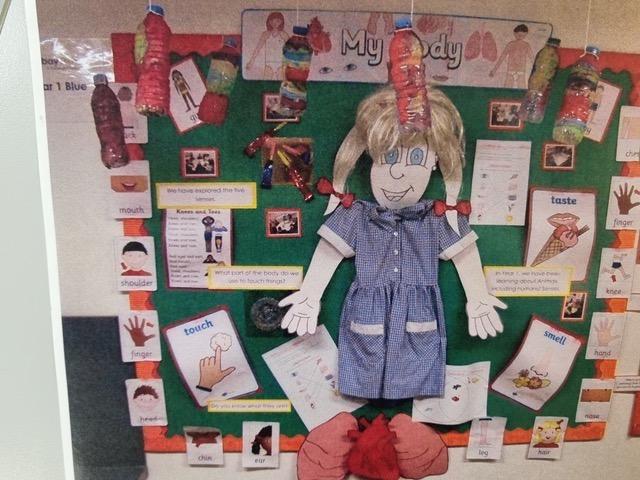The Science of Teaching Science
Having an effective understanding of science is incredibly important both for the individual and society. Children are entitled to know how the world works – without this knowledge their lives aren’t as rich. A good understanding of science will allow them as adults to make informed decisions on important matters, such as voting, or receiving a vaccination as has been seen recently. And it opens doors to numerous careers in a huge range of fields, not just the ‘traditional’ science professions.

Our approach to teaching science is different from some schools, as they will use an inquiry-based learning approach, which involves minimal guidance from the teacher and pupils designing their own experiments to check their own hypotheses. For example, this could take the form of asking the children to look at a bug and see what they can find out. However, an increasing number of studies show this is ineffective as, without having the right knowledge in place, children won’t know the questions they need to ask to get the most out of the approach.
To teach science effectively we, and all Paradigm schools, use a ‘knowledge-first’ system instead, which focuses on teaching children the scientific knowledge before anything else. The teacher breaks problems into manageable parts and shows the solution to each, before the children practice using similar problems. By doing this, the children then have the foundation they need to be able to do the inquiry-based learning effectively. It also helps the children develop essential skills such as problem solving, understanding scientific texts or extrapolating accurate conclusions from results.
Another way we improve science outcomes is to meet regularly with teachers from the other schools in Paradigm Trust to share ideas. A large proportion of time is spent discussing ways in which children can be better prepared for the move from primary to secondary school, and how to make science effective from Nursery to Year 9. We have found by doing this there is now less disruption when pupils move from Year 6 to Year 7 and their learning experience is far smoother. Much of this work is led by Ben Rogers who is on the Education Committee at the Institute of Physics, and on the editing panel for the Association of Science Education journal. He is also part of the Ofsted Science advisory group, with a particular focus on primary schools.
Since we have been working this way it is noticeable that children are achieving better results and becoming more engaged in the subject. Between now and the end of the school year our curriculum will cover a huge range of scientific topics, including Forces and Magnets, Living Things and their Habitats, Light and Sound, Renewable Energy and Earth and Space.
